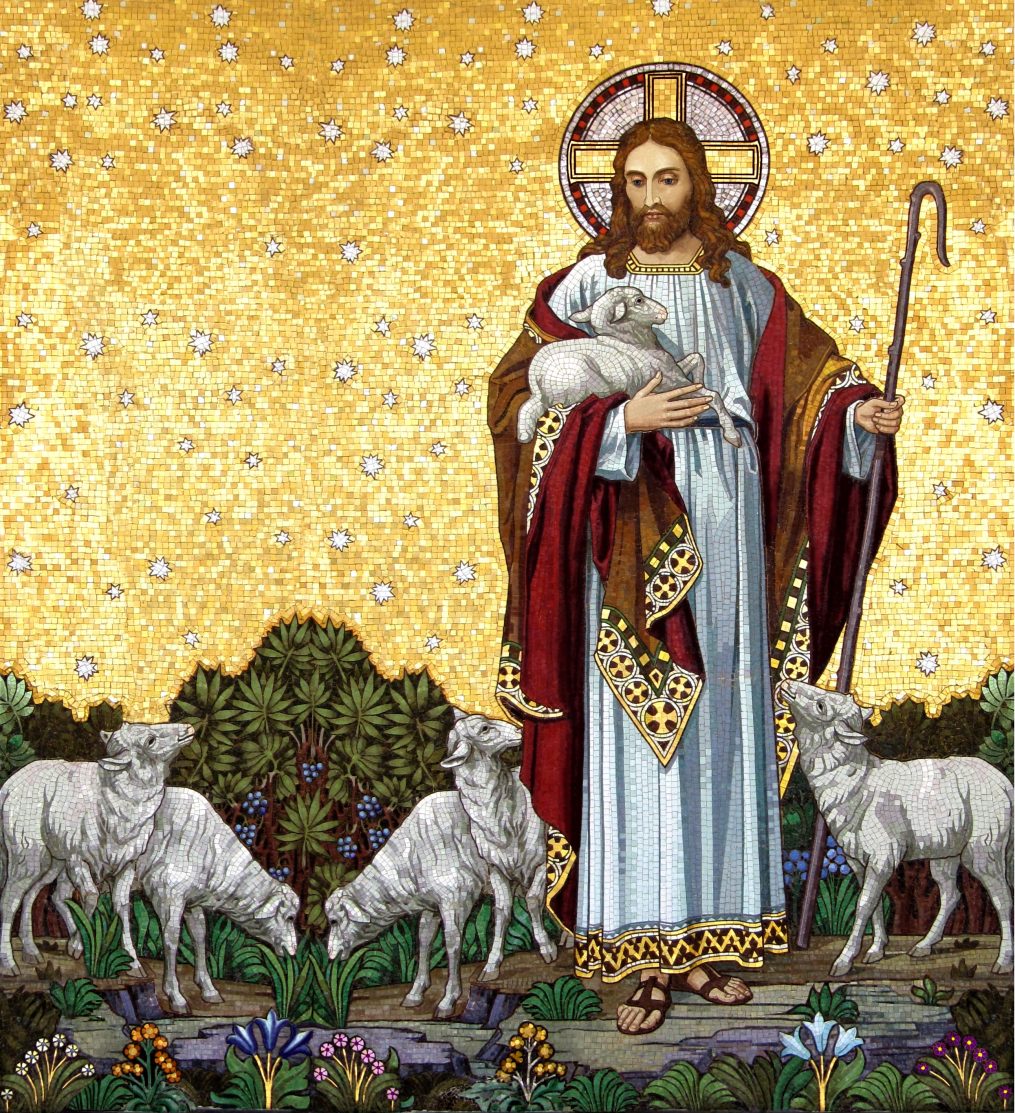Liturgical Colour : Green or White (Bishops)
Dear brothers and sisters in Christ, today we heard in the first reading taken from the Book of Exodus, how God had instructed Moses to establish the Holy Tent, also known as the Tent of Meeting, as the place where He would dwell among His people on earth, which His presence is signified by the presence of the great pillar of cloud during the day, and as a great pillar of fire at night time, providing light to all who need it in the darkness of the night.
In this we see God who did not just stay far and apart from His people, nor did He remain aloof from His people’s concerns and thoughts, but He Himself had chosen to dwell among them, to be really present among them, walking and moving about around them, as God who is real, true and exists among all mankind, and not just some abstract beings carved on stones, wood, gold or silver, like that of the pagan idols.
And then in the Gospel, we heard how Jesus spoke to His disciples and to the people about the kingdom of God, which is to come, and how it will be like on the day of judgment, when all mankind shall be judged by their merits, actions and their faith in God. And those who have not been faithful would receive their just reward that is to suffer for eternity the agony of hell and separation from God’s love.
But those who are faithful would not be disappointed, for God would be with them and bless all of them, and He would welcome all of them into His glorious kingdom, to enjoy forever the happiness and joy which He had promised for all those who had laboured and even suffered for His sake. God will always be with His people, and He will be with His people who walked in His ways and followed Him faithfully.
For we all have to remember that God had devoted Himself so much for us, that He was willing to descend upon us and dwell among us, and in the end even to give Himself to be the redemption of our sins. Yes, for the redemption of us all, sinners and unworthy people who have piled wickedness and sins, one after another. And yet, such is the love which God has for us, that even while we are still sinners, He was willing to suffer and give up Himself for our sake, that we may be saved.
And by renewing the covenant which He Himself had established with His people, He had proved His love, by giving Himself in the form of His Body and Blood, which He offered Himself freely for us, so that all of us who partake in them may have life in us, because the Lord Himself would therefore dwell within us, in our bodies and within our hearts.
On this day, we can also reflect on the life of St. Peter Chrysologus, who was a great bishop and later declared as a Doctor of the Church, for his many dedicated works and devotions to both God and to His people, that is to the brethren around him. St. Peter Chrysologus was a very renowned preacher and shepherd of the people of God who lived during the later years of the Roman Empire, during the years of turbulence and difficulties, and even troubles for the faithful.
He was especially known for his powerful speeches, sermons and teachings which all encouraged countless peoples to return from their path of sin, and repent back to the favour and grace of God. He explained the truth of the faith and the truth about the Scriptures and the Lord God with great clarity and understanding, such that all who ever heard from him, would repent from any of the heretical thoughts that they had espoused and returned to the true, orthodox faith.
His conviction and great dedication to love the Lord and to explain His love and truth to the people should be an inspiration to all of us. That is because all of us also have the capacity to bring each other closer to God, and by our own words and actions, we can help each other to find our way to the Lord, and to repent from our sinfulness and faults which has kept us away from salvation.
Therefore, on this day, let us all pray to the Lord, that we may discover the strength within us to carry on living our lives with renewed commitment to the Lord and walk always in His ways. This means that we truly should find the way to live our lives ever more faithfully. This means that in all of our actions, we truly should practice our faith with love, loving one another and loving our Lord ever more devotedly from day to day.
May the examples of St. Peter Chrysologus be an inspiration to all of us, and may our loving Father, our Almighty God be with us always in this endeavour that is our lives. Amen.
